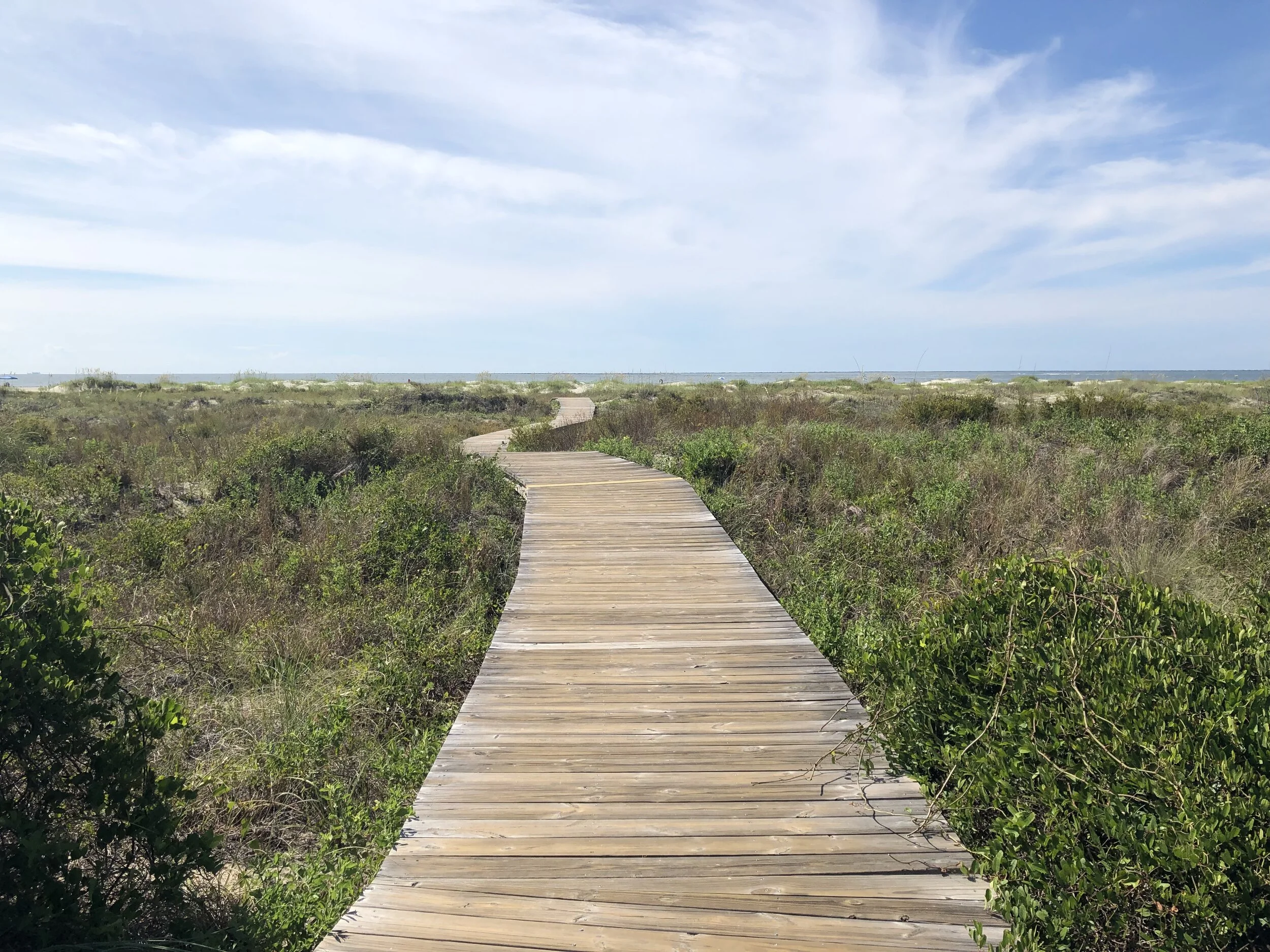Repetition and reflection
Repetition and reflection are not just learning strategies, they’re also design elements. (Image by Gerhard G.)
I enjoy taking courses on platforms like Teachable, Thinkific, and Kejabi. Seeing those little checkmarks appear after you watch a video or click on the buttons of a virtual worksheet is very pleasing.
However, these checkmarks probably aren't the best measure of whether I did the work I was supposed to have done. If there's no teacher who's going to give me a grade, how do I measure whether I've actually gotten out of the course what the creator intended? What I intended?
Unfortunately, it's all too easy to hide behind checkmarks and status bars that tell me that a course is 72% complete. The hard work isn't measured by the amount of time I spend watching videos or clicking buttons on a multiple-choice quiz. The hard work is in applying the material.
Therefore, if I really want to measure the value I'm getting out of the course, I should pay attention to the extent to which I'm actively applying what I'm learning in the real world.
Is the French course I'm taking actually improving my ability to have a conversation with someone in that language?
If I'm learning how use Facebook ads for my business, am I actually writing and posting ads and then evaluating the results?
Am I using any of the tips for developing new habits offered in the book I just read?
We can take courses and read books for fun. Most of the people who take those house-flipping seminars never end up flipping houses. It's fun to experiment with the possibilities. But if we're investing our money and time in these instructional materials because we want to create some kind of change in our lives, then we need to go deeper. We need to do the hard, uncomfortable work that doesn't always have worksheets to go along with it.
Of course, if there are worksheets (or spreadsheets!), we ought to fill those in. We only get the results promised by the teacher if we follow the guidance they offer.
One of my favorite online educators, Regina Anaejionu, offers marketing courses that are breezy and fun to take. But as much as I was learning from one particular training session, I still wasn't getting as much out of it as I could have been. The material was so dense and I was having a ton of ideas that I wasn't doing anything about.
Though I was watching the video at a faster speed, I wasn't learning any faster or gaining any more insight.
I realized that the best way for me to engage with the material was to watch the video at normal speed and then pause it whenever I had a takeaway that applied to my work (whether that was ten seconds, a minute, or ten minutes after the last pause).
This meant that just a tiny fraction of the lesson content took an hour to get through, but that hour was full of useful planning, ideas, action steps, connections, and decision-making. I wasn't just passively consuming content — I was learning. And I wasn't just learning — I was using the new information to improve my marketing, right away.
By the time I had invested a few hours, I had more than some new information about how the work could be done — I was truly doing the work.
Obviously, we can't press pause on a live lecture or meeting when we want to go deeper into the material and figure out next steps. But we can record and rewatch our live experiences. We can ask questions and take notes in the moment in order to absorb the material more fully. Then, we can take time to reflect on what has been shared with us instead of moving on and digging into more.
As tempting as the checkmarks are, I know that no automated system can verify my understanding the way I can verify my own. If everything I just heard is a blur, it doesn't matter that I watched it once. I might need to go back and watch again and again until I see what it is trying to tell me. As reluctant as I can be to slow down, I might need to sit with something and fully digest it before moving on.
My deepest learning has been the result of repetition and reflection. It's not glamorous, but it can be far more satisfying in the end than a digital checkmark or a good grade. I still have to remind myself to take my time, but it always pays off in the long run when I do.





